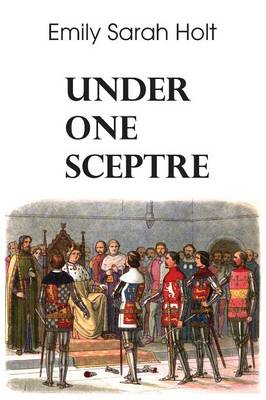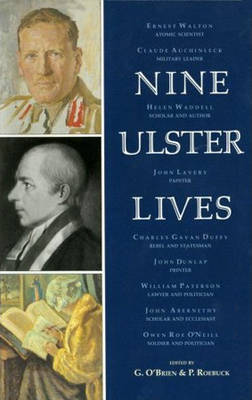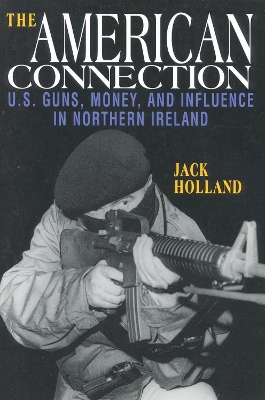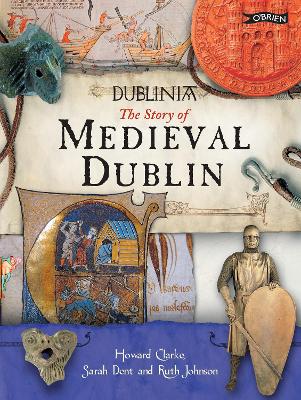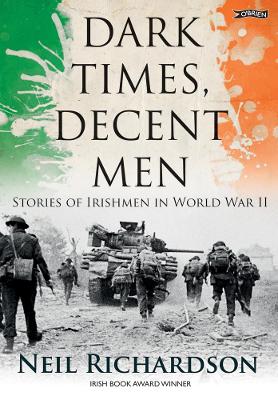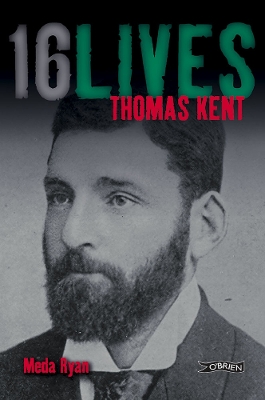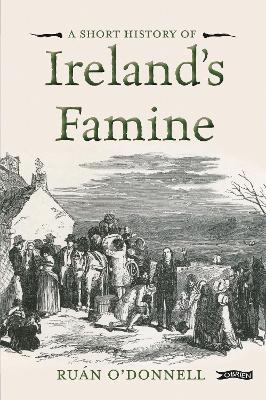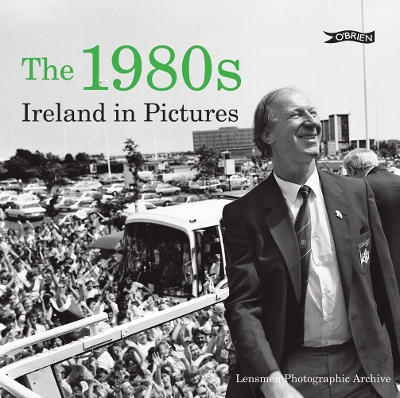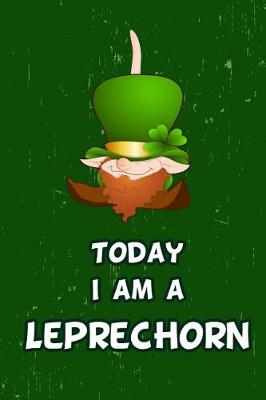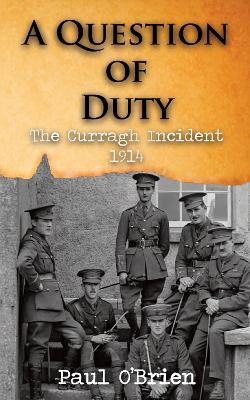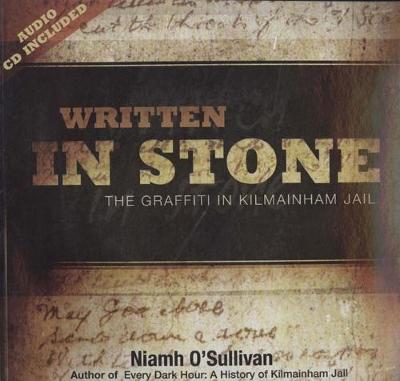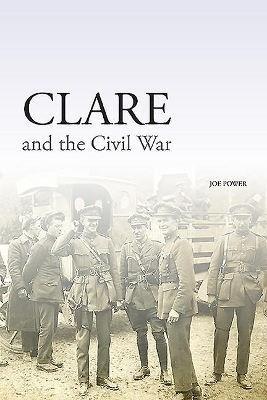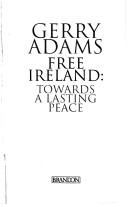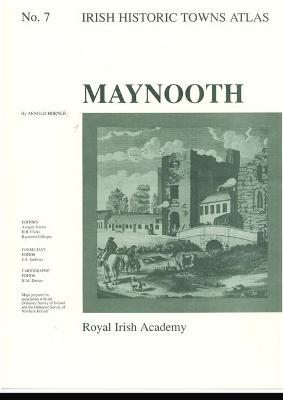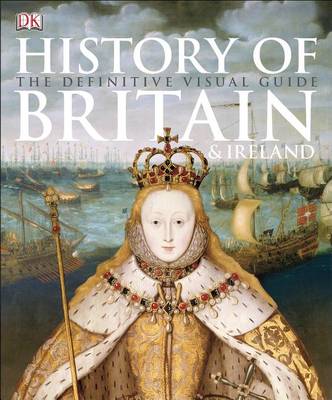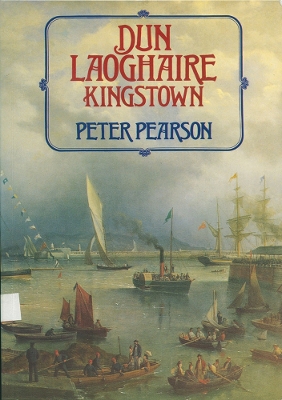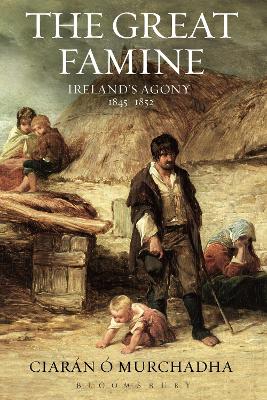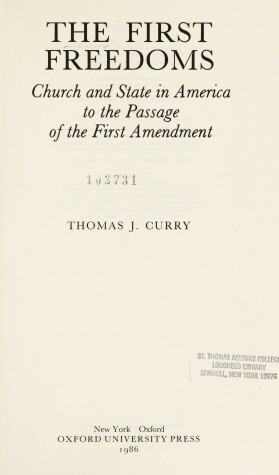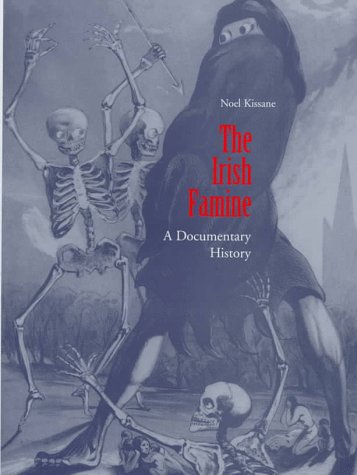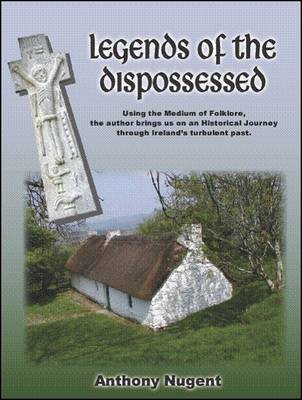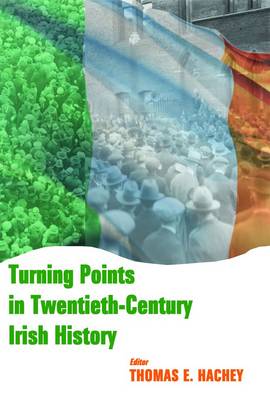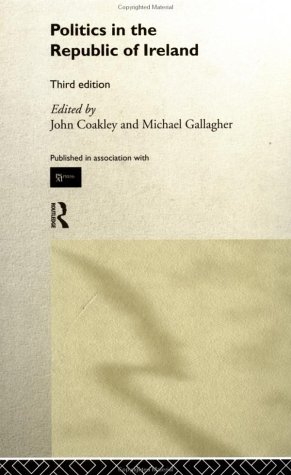Dublinia is the story of a unique period in Irish history told with passion, imagination and accuracy. This book leads the reader through the noise and bustle of the medieval streets of Dublin looking at all aspects of life, from religion to trade, from crafts to government and from buildings to lifestyles. Based on the hugely successful exhibition on medieval Dublin -- Dublinia -- this book is both a stand alone accessible and authoritative introduction to life in the medieval city, and also a...
At least 130,000 Irish - from north and south of the border - served during the Second World War. Seven thousand never returned. They fought as soldiers in Europe, North Africa and the Far East, as sailors in U-boat infested seas, and as airmen in the dangerous skies. Once again, the politics of home disappeared on the battlefields as Irishmen from different religious and political backgrounds struggled and died side by side. In this poignant yet detailed book, award winning author Neil Richard...
Born in 1865 into a farming family of Fenian tradition near Fermoy in Co. Cork, Thomas Kent became involved in the Land League in the 1880s and lived for a time in Boston, where he was active in Irish cultural organisations. In 1889, back in Ireland he joined the fight against injustices and evictions and was imprisoned several times for his part in orchestrating a boycotting campaign. Dedicated to freeing Ireland, Thomas and his brothers mobilised in Co. Cork at Easter 1916 and waited in vain...
A Short History of Ireland's Famine (Short Histories) (Pocket Books)
by Ruan O'Donnell
This condensed history examines why the Great Famine was so catastrophic, and explores its effect on Irish society and culture. It explains the circumstances surrounding the period and addresses issues and characteristics of the time. Aspects covered include the spread of disease, the experiences of those on public works projects and the disagreements between political leaders regarding the distribution of what little food was available. Featuring new material on the Irish Famine which has nev...
The fourth book in the acclaimed series! Ireland's premier photographers, The Lensmen, captured the essence of life in Ireland during the 1980s in their stunning and thought provoking images. This collection offers a fascinating insight into the cultural and political events of the decade. Showcasing an era of change in Ireland, this book is a celebration of a time gone by. Pictures include: Pope John Paul II, Nancy Regan, Seamus Heaney, Bob Geldof, and Shergar. Praise for The 1960s: Ireland...
In Great Haste: the Letters of Michael Collins and Kitty Kiernan
A new edition of the collected correspondence between Michael Collins, the Irish Free State head, and his fianceT Kitty Kiernan. The spruced up design and 64 new letters augment the curious relationship between Collins and Kiernan which unfolds over the course of 300 letters, chronicling the pressur
The Development of Industrial Society in Ireland (Proceedings of the British Academy, v.79)
This paperback edition makes more widely available an important text for scholars and students on an aspect of Irish society that has been inadequately covered elsewhere. Ireland is one of the nations of the western world in which industrialization was longest delayed. In these papers, sociologists, economists and political scientists offer 'rich and original insights into how Irish society has developed, particularly over the last 30 years' (Irish Times). Questions of the typicality or 'excepti...
Royal Irish Academy List of Members
by School of Geography Arnold Horner
5 pages of coloured maps 410 mm x 305 mm; 3 pages of black-and-white maps and plates and 12 pages of text 410 mm x 305 mm; in a folder 410 mm x 305 mm.
The Great Famine: Ireland’s Agony examines this enormous human calamity anew. Beginning with the coming of the potato blight in 1845 and the resulting harvest failures that left the country’s impoverished population numb with shock as well as foodless, it explores government relief measures that so often failed to meet the needs of the poor, leading in fact to many more deaths.The book charts the horrific realities of Ireland’s pauper-crammed workhouses, the mass clearances of the later Famine p...
Is government forbidden to assist all religions equally, as the Supreme Court has held? Or does the First Amendment merely ban exclusive aid to one religion, as critics of the Court assert? After years of debate the controversy still rages on, with both positions now more solidified but neither side victorious. The First Freedoms studies the Church-State context of colonial and revolutionary America to provide a bold new reading of the historical meaning of the religion clauses of the First Amen...
The Irish Famine of 1845-52 was the greatest catastrophe in recorded Irish history. It was caused by the repeated failure of the potato crop, the main food source of the poorer classes. The failure resulted in hunger, starvation, and ultimately death or emigration for a quarter of the population - one million died and over a million emigrated. The emigrants formed the main basis for the Irish diaspora in Britain, the United States, Canada, and Australia.This source-book documents the course of t...
Turning Points in Twentieth Century Irish History
Politics in the Republic of Ireland
Politics in the Republic of Ireland is newly available in a fully revised third edition. Building on the success of the first two editions, it continues to provide an authoritative introduction to all aspects of politics in the Irish Republic. Published in association with the Political Studies Association of Ireland, and written by some of the foremost experts on Irish politics, it explains, analyzes and interprets the background and processes of Irish government. Crucially it provides the stud...
